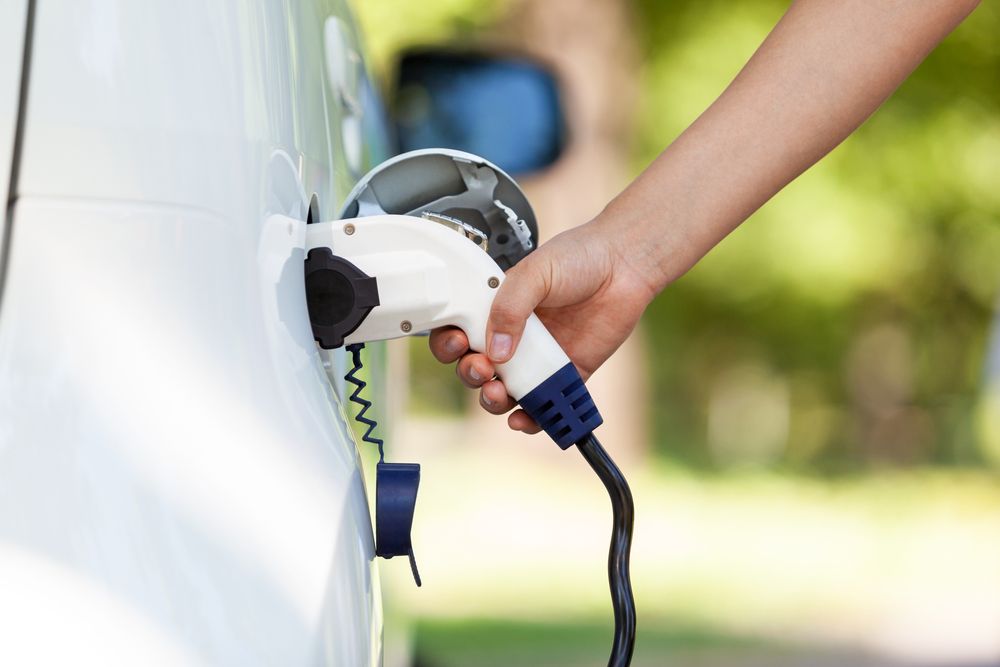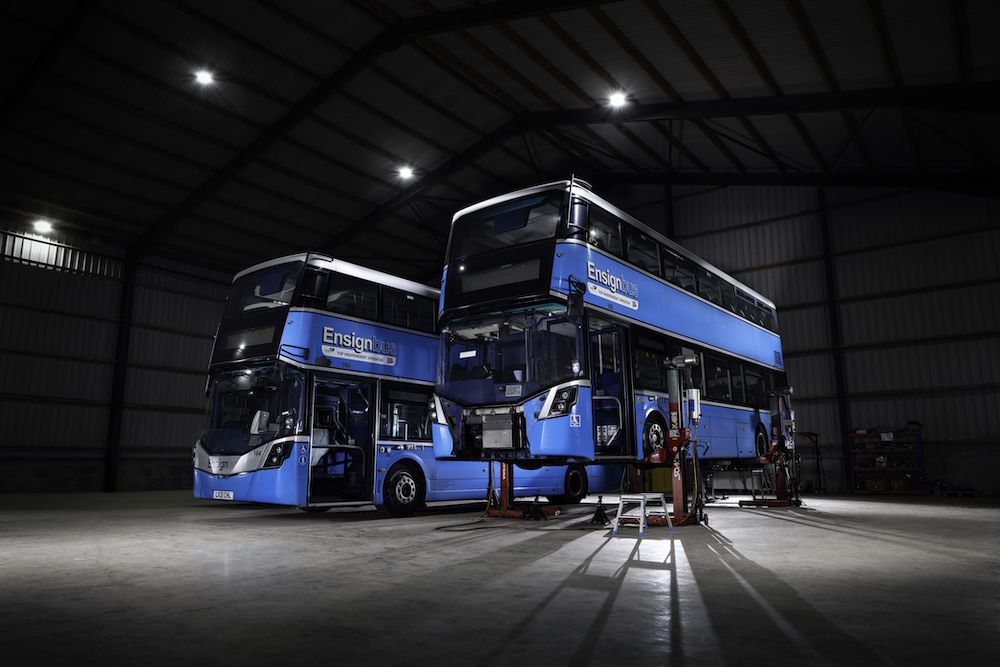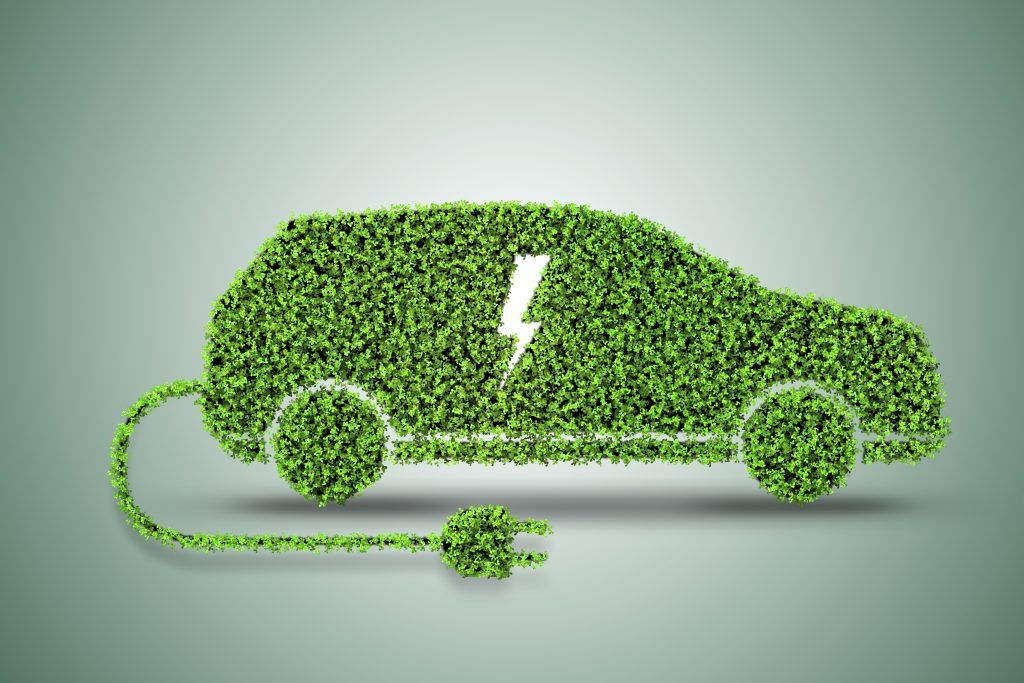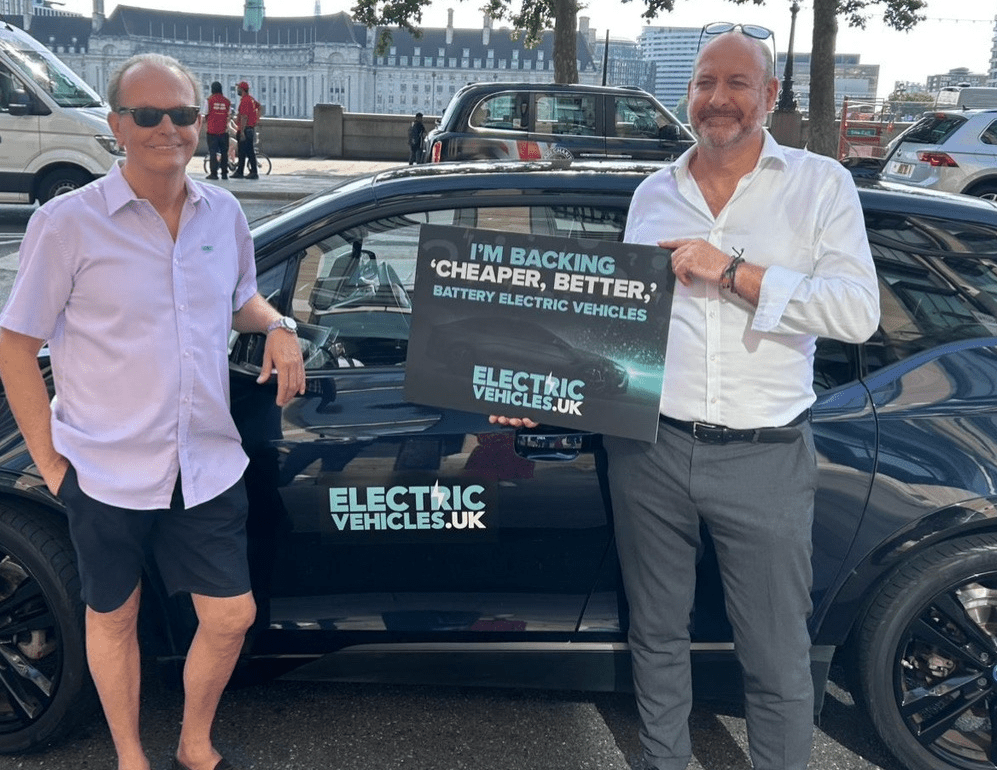The cost of charging an electric vehicle (EV) at the majority of public chargers is, more often than not, cheaper than filling up a petrol car – according to a new report carried out by the Association for Renewable Energy and Clean Technology (REA) and New Automotive.
The ‘On the Road to 2030‘ report takes stock of the UK’s public charging network and found that (EVs) are still cheaper to fill up than a petrol or diesel car at 70% of public chargers in the UK (those charging below 0.687 £/kWh).
New AutoMotive have calculated that an electric car is cheaper per mile than a petrol car whenever it is charged at 69p per kWh – and around 70% of all public chargers in the UK are below this price. The average cost of charging via Podpoint (47p/kWh), Chargeplace Scotland (30p/kWh), Ubitricty (42p/kWh), and Bp Pulse (52p/kWh), collectively the four largest public providers in the UK, all fall well below this figure, meaning the majority of their charge points offer significant running cost savings to motorists compared to petrol vehicles. This means that an EV charged solely via a public charger is, more often than not, cheaper to run than a petrol car – regardless of the length of the journey.
Using a mixture of home charging as well as fast and slow public chargers also works out significantly cheaper annually than an ICE car. This is even if the vast majority takes place on a fast public charger (often the most expensive form of charging available). A driver who, over the course of the year, drives 6000 miles and charges their vehicle via a night time home tariff (26p/kWh) for 5% of the time; a day time home tariff (35p/kWh) 10% of the time; a free public tariff (0p/kWh) 5% of the time; and a public fast charger tariff (40p/kWh) 80% of the time would pay £626 a year on charging their EV. A driver who did the same mileage in a comparative ICE car would pay £947 a year on fuel – making electric the significantly cheaper option.
The report has also found that the UK’s infrastructure rollout is on course to meet key government targets, such as delivering 300,000 chargers by 2030, which provides assurance to drivers.
A major barrier identified by the report is a lack of clarity around future demand amongst industry stakeholders, and Government’s Zero Emission Vehicle (ZEV) Mandate is the most effective way to drive EV uptake in the UK through guaranteeing the supply of electric cars, providing industry with certainty about future demand, and ensuring that the UK’s public charging network continues to grow at pace.
This report is a timely reminder of these barriers, and the REA continues to call on Government to not delay in introducing the ZEV mandate for new EV car sales, accelerating EV uptake and the Net Zero transition.
Amy MacConnachie, Director of External Affairs at the Association for Renewable Energy and Clean Technology (REA), said: “It is excellent news that this key sector report has found that EVs are indeed still cheaper to fill up than a petrol or diesel car, at 70% of public chargers in the UK (those charging below 0.687 £/kWh). It is positive messaging for drivers looking to make the switch, reinforcing effective infrastructure and low-cost incentives, putting to bed any ongoing concerns.
“There is of course more to be done however, and the report makes clear that an ambitious ZEV Mandate is essential to drive EV uptake by ensuring the supply of electric cars and providing industry with certainty around future demand.
“The REA is continuing to urge Government to respond to the overriding message of the report, that there must be no delay in introducing the ZEV Mandate for new and increasing EV car sales.”
Whilst the report determined the current rate of network growth is adequate, it also identified a number of barriers to the more rapid growth of the public network and the EV charging infrastructure sector more broadly. Some of the barriers identified included uncertainty within industry around future regulations, gaining planning permission for new chargepoint locations and the cost of upgrading existing local electricity connections to support higher usage.
The most pressing barrier to growth identified by the industry stakeholders surveyed as part of the report was a lack of demand for public charging, and uncertainty around levels of demand in the future. If the government can assist industry in overcoming this barrier, it will help facilitate the UK’s public charging network expanding at a more rapid pace.
In a statement, New Automotive said: ”The forthcoming ZEV mandate is the government’s most effective means of addressing this barrier; it should drive EV uptake by ensuring the supply of electric cars meets demand, and thus providing the EV charging infrastructure industry with certainty around future demand for public charge points. This certainty will go a long way to helping to ensure that the UK’s public charging network continues to expand at pace.
”More EVs on the road will not just help drive the rollout of more public charging infrastructure. It will also mean more British motorists benefitting from the running-cost savings electric cars offer compared to petrol and diesel cars. The simple fact is that EVs save drivers money – whether they are charged at home or via the public charging network. In the midst of a generational cost-of-living crisis, these savings have never been more important to motorists. Given this, It is essential they are made accessible to all.”














